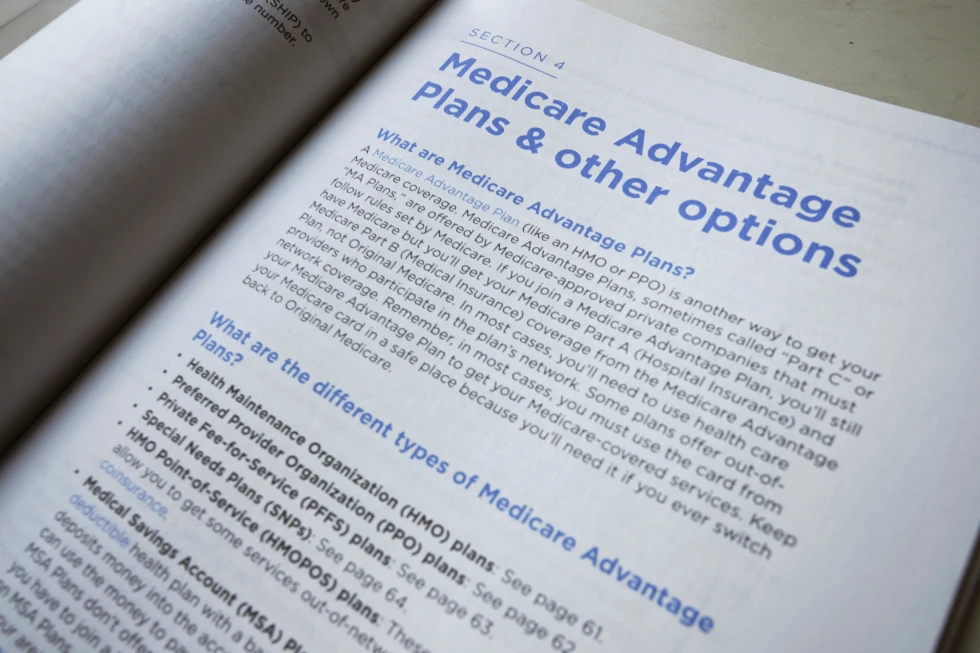NC Health News
If not for Medicaid, the majority of residents of Robeson County wouldn’t have health insurance.
Fifty-four percent of people in this rural community — home to 116,530 at the 2020 Census — are beneficiaries of the government-funded program. The county had 63,549 Medicaid enrollees in October, the eighth highest number recorded of the state’s 100 counties.
Even more are expected to join the rolls after Medicaid expansion takes effect on Dec. 1. The long-awaited measure will raise the state’s income limit for Medicaid, extending eligibility to hundreds of thousands of North Carolinians who make 138 percent of the federal poverty level or less.
Single adults, a population that was effectively ineligible for coverage before expansion, will qualify if they earn less than $20,000 a year. The threshold increases by $7,094 for each additional household member, meaning a person with a family of four would qualify if their annual income is less than $41,400.
Expansion will be particularly impactful in economically distressed areas like Robeson County, where the median household income is less than $37,000. Many people in Robeson who are not currently enrolled in Medicaid have no health insurance at all.
This year’s national County Health Rankings report from the University of Wisconsin Population Health Institute found that 20 percent of the county’s residents are uninsured — higher than the statewide average of 13 percent. The report also ranked Robeson as the least healthy county in North Carolina.
The work of managing the county’s anticipated surge in Medicaid applications will largely fall on the Robeson County Department of Social Services.
Gene Downing, who oversees Medicaid enrollment for Robeson County DSS, said the department has hired more people to handle the workload. The agency is also in the process of creating a call center to help residents with questions about eligibility.
“There’s a little bit of fear because it’s a new policy that we’re trying to learn [while still] managing everyone that we already had,” Downing said.
Expanding amid ‘unwinding’
The N.C. Department of Health and Human Services knows that local agencies such as Robeson County’s DSS will play a crucial role in implementing expansion.
In a letter to county managers and DSS directors issued on Friday, DHHS deputy secretaries Jay Ludlam and Susan Osborne acknowledged that the “important work to expand health coverage across our state begins at local DSS offices.” The state, they wrote, is “focused on providing policy changes, automation improvements, training opportunities, and financial support to help counties meet this increased demand.”
Ludlam and Osborne also noted that expansion comes as local DSS offices are dealing with the “unwinding” of the continuous coverage requirement, a federal mandate that prevented states from kicking Medicaid participants off the rolls during the first three years of the COVID-19 pandemic.
Medicaid benefits were automatically renewed while the provision was in place, even if a person no longer qualified for the program. The requirement expired shortly after the federal Public Health Emergency ended earlier this year, forcing social workers in North Carolina to verify the continued eligibility of 2.5 million enrollees for the first time since March 2020.
More than 162,000 North Carolinians have lost Medicaid since the state resumed terminations in June. About 141,955 of those people, or 87 percent, lost coverage from June to October for “procedural reasons,” according to the latest available data from DHHS. Procedural disenrollments typically occur when a local DSS office does not have all the information needed to verify a Medicaid participant’s current income and household size.
DHHS has said the state is making “many efforts to reach beneficiaries to get their information” during the unwinding, including through letters, emails, text messages and automated phone calls. But if a caseworker is using an outdated address or phone number, the beneficiary may never receive the message.
The state’s other 20,183 unwinding-related disenrollments involve residents who were deemed ineligible for coverage based on criteria that will change once expansion takes effect.
Many of these people are expected to qualify for Medicaid again under expansion.
